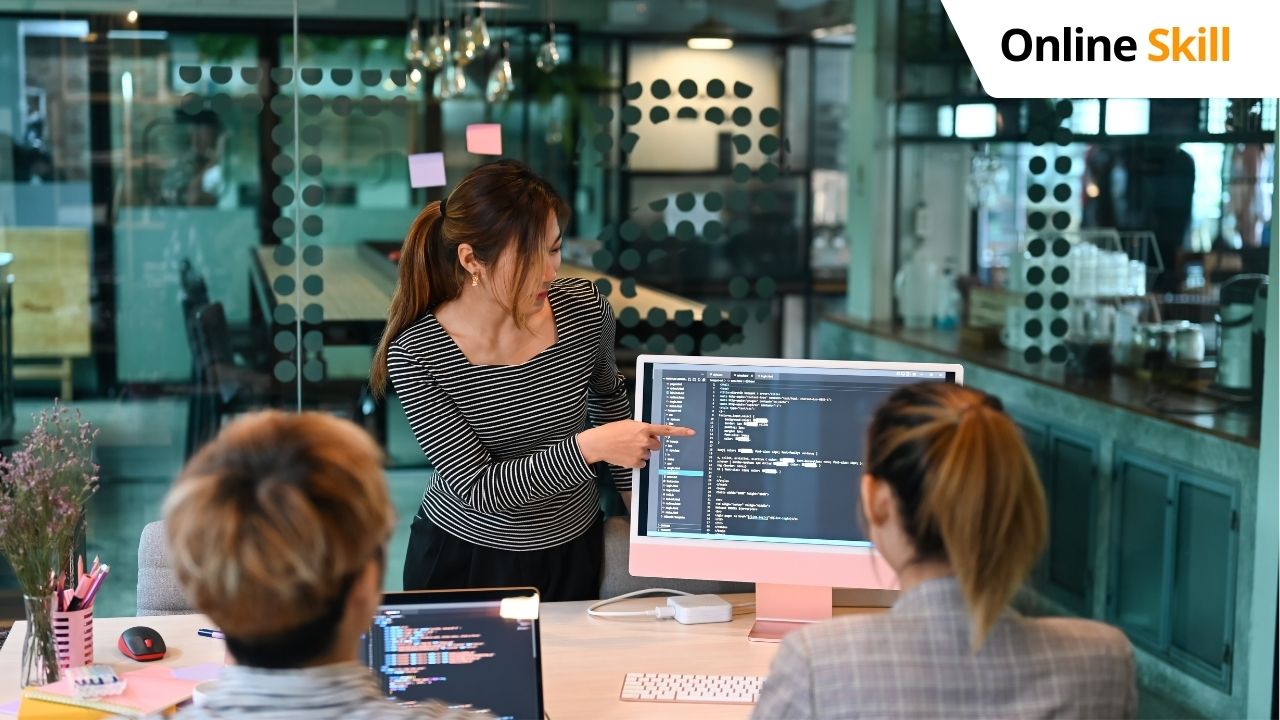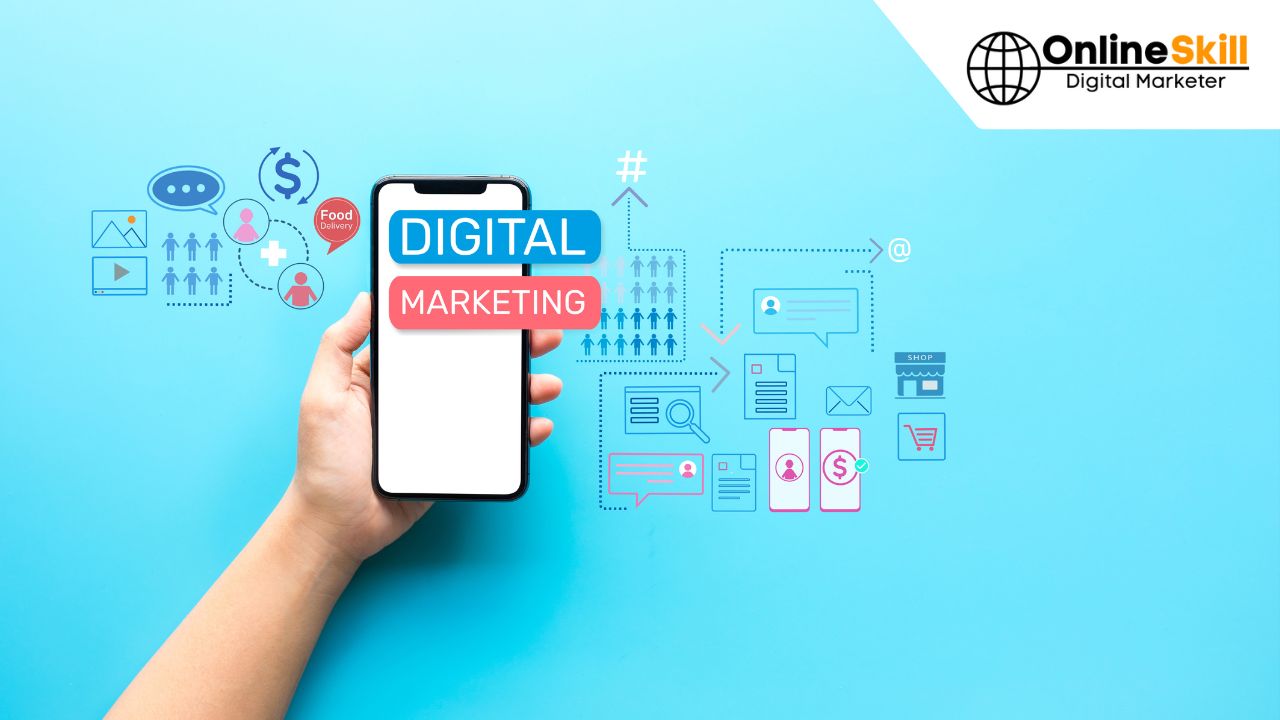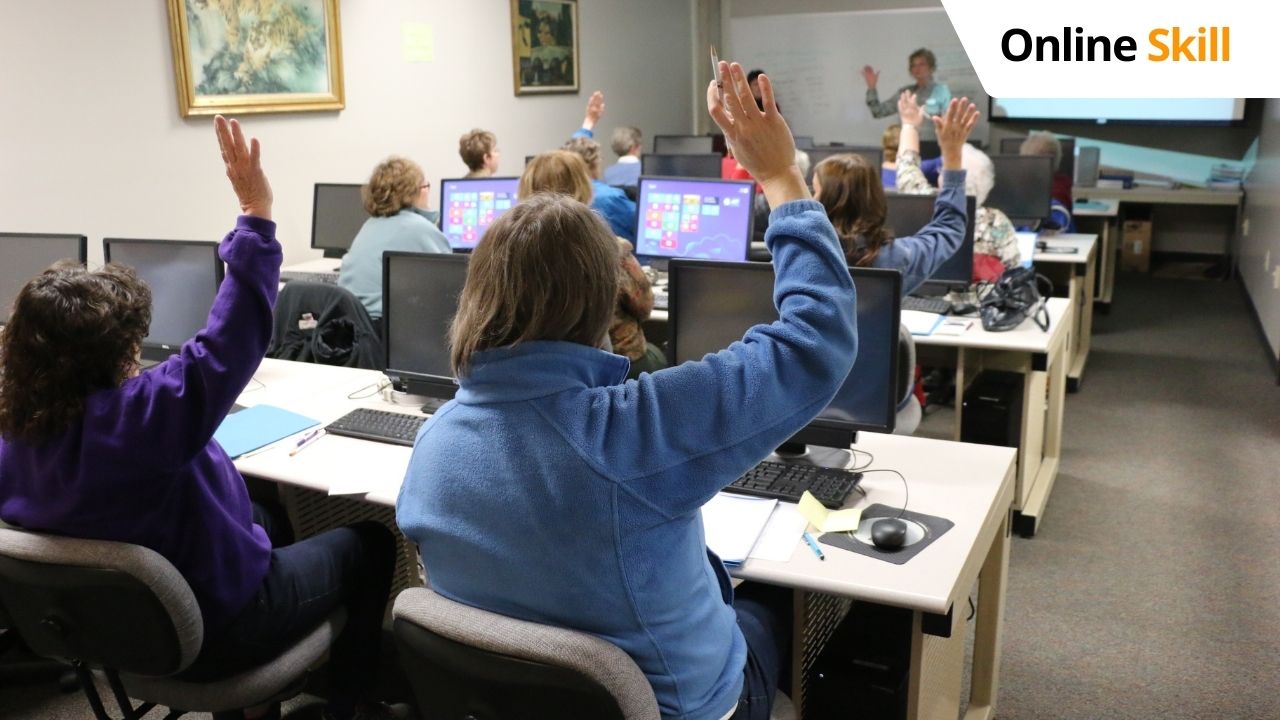Introduction: A Beginner’s Guide to Programming Languages
Welcome to the thrilling world of programming! Whether you’re a curious novice or a tech enthusiast, learning the fundamentals of programming languages is a journey that opens up a realm of endless possibilities. In this beginner’s guide, we’ll navigate through the basics, demystify the coding universe, and set you on a path to becoming a code-cracking wizard.
Understanding the Basics:
Programming languages are the foundation of software development, acting as a means of communication between humans and computers. Each language has its own unique syntax and purpose, but they share common elements that form the building blocks of code. Let’s dive into the key components that make up the world of programming:
Understanding Language Types:
Dive into the various types of programming languages, including high-level and low-level languages. High-level languages like Python and Java offer simplicity and readability, while low-level languages like C and assembly provide more control over hardware.
Choosing the Right Language:
Explore the purpose and application of different programming languages. Consider factors such as versatility, industry demand, and personal interests when selecting a language to learn.
Mastering Syntax and Semantics:
Grasp the importance of syntax—the structure and grammar of a language—and semantics—the meaning and interpretation of code. Practice writing clear and efficient code by understanding these fundamental principles.
Exploring Resources and Tools:
Discover the wealth of resources available for beginners, including online tutorials, coding platforms, and community forums. Leverage tools such as integrated development environments (IDEs) and version control systems to streamline your coding workflow.
Practicing Regularly:
Engage in hands-on practice by working on projects and solving coding challenges. Embrace a growth mindset and be patient with yourself as you progress on your coding journey.
Variables and Data Types:
In the coding world, variables act as containers for storing data. Understanding data types, such as integers, strings, and booleans, is crucial. We’ll explore how to declare and manipulate these variables to perform various operations.
Control Structures:
Mastering control structures, including loops and conditionals, empowers you to dictate the flow of your code. Learn to make decisions, repeat tasks, and create dynamic programs that respond to different scenarios.
Programming Languages 101:
Now that we’ve laid the groundwork, it’s time to introduce you to some popular programming languages. Each language has its strengths and use cases, so finding the right one depends on your goals and interests.
Python: The Swiss Army Knife
Renowned for its readability and versatility, Python is an excellent language for beginners. Discover its syntax simplicity and explore how it’s used in various domains, from web development to data science.
Java: The OOP Champion
Dive into the world of object-oriented programming (OOP) with Java. We’ll unravel the principles of encapsulation, inheritance, and polymorphism, key concepts that make Java a powerhouse in enterprise applications.
C++: The Power Player
For those seeking performance and power, C++ is the language of choice. Explore its role in game development, system programming, and high-performance applications. Learn about memory management and the intricacies of low-level operations.

Embarking on Your Coding Journey:
As you embark on your coding journey, remember that making mistakes is part of the process. Debugging and problem-solving are valuable skills that every programmer develops over time. Surround yourself with resources like online tutorials, coding communities, and interactive platforms to enhance your learning experience.
Conclusion:
Congratulations! You’ve taken the first steps in cracking the code. Programming languages are your tools for turning ideas into reality, and the journey ahead is filled with excitement and discovery. Whether you choose Python, Java, C++, or another language, the skills you acquire will empower you to create, innovate, and contribute to the ever-evolving world of technology. Happy coding!







